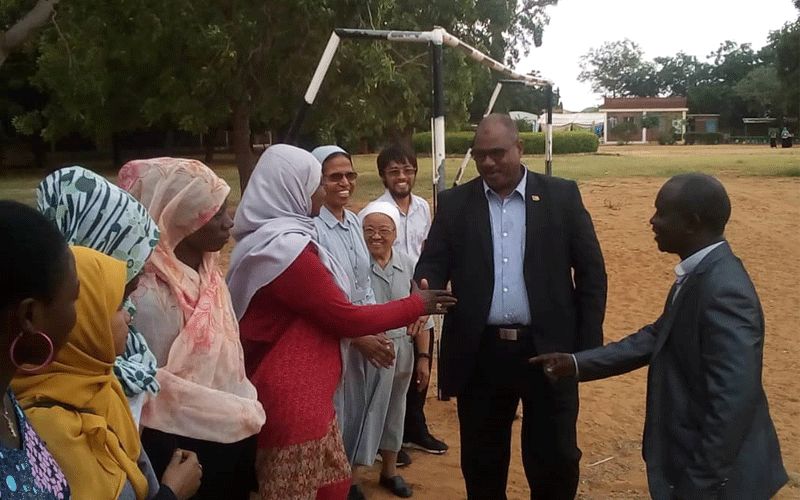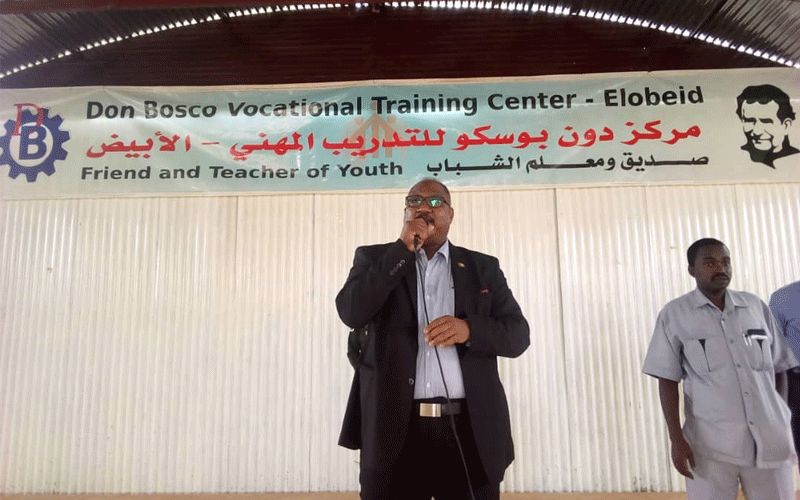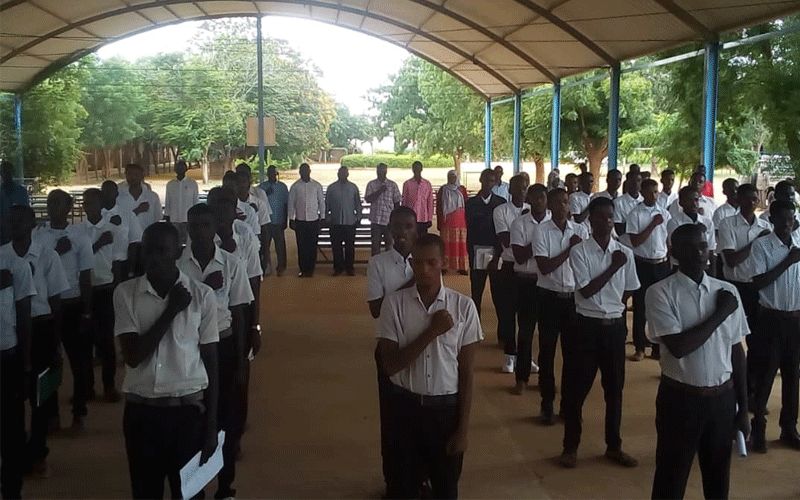At the moment, he said, there are about 377 students of whom 104 are sitting for their diploma exams this year.

Regrettably, Fr. Charles said, not all the students were present to sit for exams because of the COVID-19 lockdown and the conflict in the red sea state of Port Sudan.
On the visit of Governor Khalid Mustaffa Adam to the Centre, the Cleric expressed optimism in collaboration with the incumbent government saying the Centre “has never received any high-profile government official for a visit” in all the 19 years of its existence.
“With this Governor I am very optimistic; I am seeing that he will be a great support to us,” Fr. Charles told ACI Africa.
(Story continues below)
He recalled interaction with the previous regime saying, “Walking to the government secretariat was very hard in the past but to the time of this new governor I have gone 10 times without any obstacles.”
Fr. Charles also recalled the obstacles that the Centre has faced in past political administrations, saying the Centre had, for a while, enjoyed tax exemptions but the benefits had been removed.
“Last year we were being asked to pay 124,000 Sudanese pounds (US$10,000) and they wanted us to pay that annually as tax,” the Cleric lamented.

He added, “We had the document for exemption but they insisted that we pay. We had a lot of negotiations. I even tried to close the Centre because of the financial frustrations.”
Putting emphasis on the importance of technical skills in developing nations, the Salesian Cleric called upon the leadership of the various institutions in both South Sudan and Sudan to invest in young people.
“If we want to transform our societies, our villages, our economic situation, we must help our young people to get trained technically,” he said.

The Cleric invited political leaders to scout for young people moving around in towns, idling and engaging in unproductive activities and to encourage them to enroll for the technical courses.
Others, bearing university qualifications but with no jobs are also welcome for the more rewarding technical courses, he said.
Drawing inspiration from the success story of Germany through technical skills, he said, “When German recovered after the war, it was because they engaged in technical fields. Germany is very developed today because the country invested heavily in the technical field.”
“Why not us in South Sudan and Sudan?” he posed, and added, “Why can’t our politicians invest in the technical training of our young people with the same dedication accorded to universities?”













